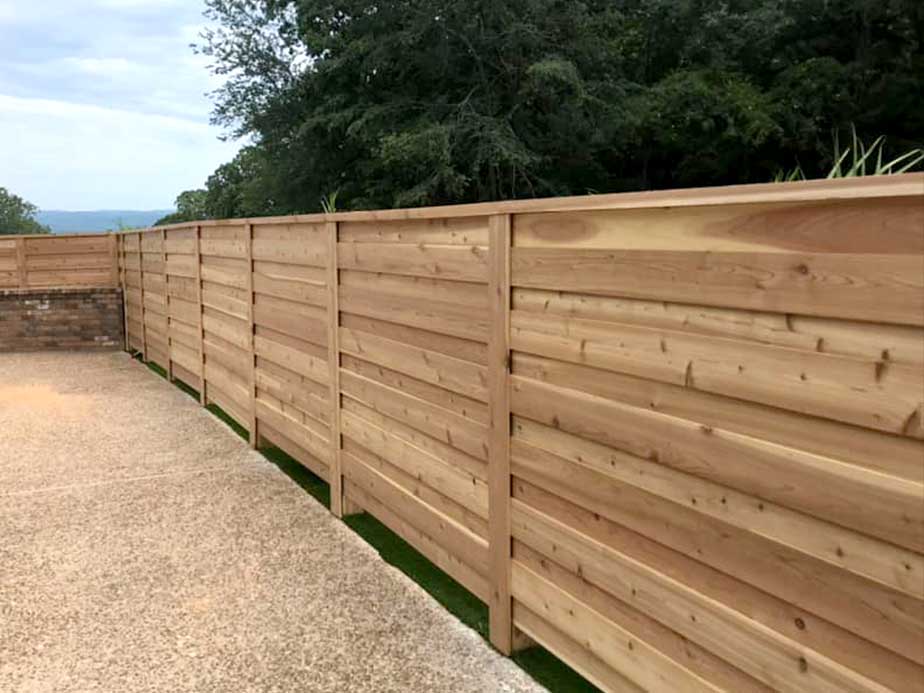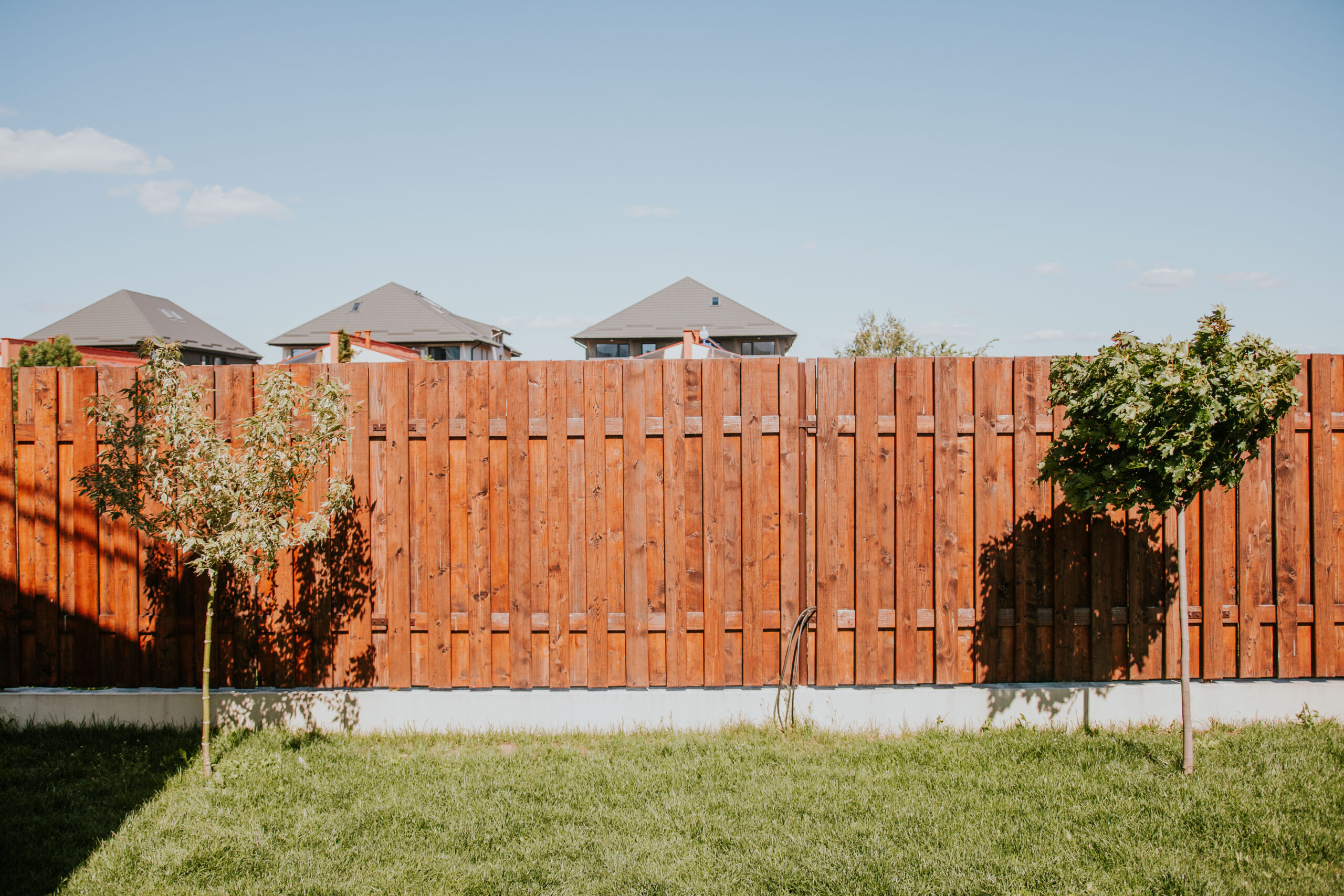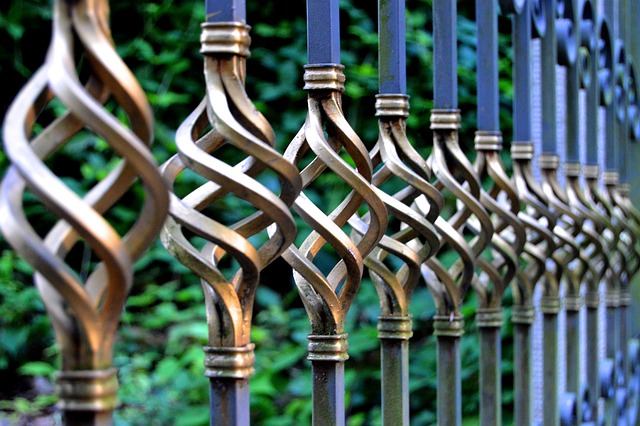All Categories
Featured

When installing a fence, selecting the ideal material is crucial to stabilizing capability, aesthetics, and budget. Timber, plastic, and aluminum are amongst one of the most typically chosen fencing products, each with its strengths and drawbacks. This guide explores the benefits and drawbacks of these options to aid you make a notified choice.

Timber Secure Fencing. Pros:. Natural Beauty: Wood's ageless appeal can enhance any kind of home with its warm and traditional look. Customizable: You can paint, tarnish, or carve timber to fit your design preferences. Economical: Wood secure fencing is originally more budget-friendly compared to some other materials. Ecologically Friendly: As a renewable energy, wood is eco-friendly and frequently thought about eco-friendly. Cons:. Maintenance-Intensive: Normal sealing, paint, or discoloration is called for to stop damage from weather condition and bugs. Prone to Decay: Without correct care, timber can rot, warp, or split with time. Much shorter Lifespan: Generally, timber fencings last 10-15 years, relying on the kind of wood and maintenance. Timber is an excellent choice for those who value visual appeals and want to buy routine upkeep to preserve its appearance and toughness.
Vinyl Fence. Pros:. Low Upkeep: Vinyl calls for marginal care-- just periodic cleansing with soap and water. Weather Resistant: It does not warp, rot, or surrender to insect damages, making it extremely sturdy in different climates. Durability: Plastic fences can last 20-30 years with little to no fixings. Style Range: Available in a wide variety of styles, shades, and appearances, consisting of wood-like appearances. Cons:. Greater Preliminary Cost: Plastic fences are much more expensive ahead of time contrasted to timber. Vulnerability to Cold: In incredibly winter, vinyl can end up being prone and breakable to fracturing. Limited Repair Options: Matching replacement panels can be testing if damage occurs. Vinyl secure fencing is suitable for property owners seeking a durable, low-maintenance remedy that provides contemporary adaptability.

Aluminum Fence. Pros:. Rust-Proof: Aluminum withstands corrosion, making it an outstanding option for damp or wet environments. Resilient: Regardless of being light-weight, light weight aluminum is solid and can hold up against harsh weather. Low Upkeep: It needs marginal upkeep, generally only periodic cleaning. Long Life-span: Light weight aluminum fences can last decades without significant wear and tear. Elegant Design: Usually used for decorative objectives, light weight aluminum fence adds a sleek, advanced seek to residential or commercial properties. Cons:. High Preliminary Financial investment: Aluminum fencings are among the more expensive choices on the marketplace. Less Personal privacy: The open styles usual with aluminum fencing do not supply much privacy. Prone to Damage: While long lasting, aluminum can dent if hit with enough force. Aluminum is an outstanding selection for house owners prioritizing aesthetics and resilience without calling for much maintenance.
Making Your Decision. When choosing in between timber, vinyl, or aluminum secure fencing, consider your concerns:
Wood fits those who value a natural appearance and don't mind placing in upkeep initiative. Vinyl is the very best choice for those looking for a low-maintenance, weather-resistant service. Aluminum uses sleek design and resilient longevity yet may do not have personal privacy. By very carefully assessing these products' features, you can pick a fencing that complements your building while fulfilling your functional and visual requirements.
Latest Posts
Discover WyHy FCU – Low Rates for Members
Published May 13, 25
1 min read
The Washroom Upgrade Every Detroit Home Deserves
Published May 12, 25
1 min read
Necessary Fence Maintenance Tips for Longevity
Published May 11, 25
1 min read